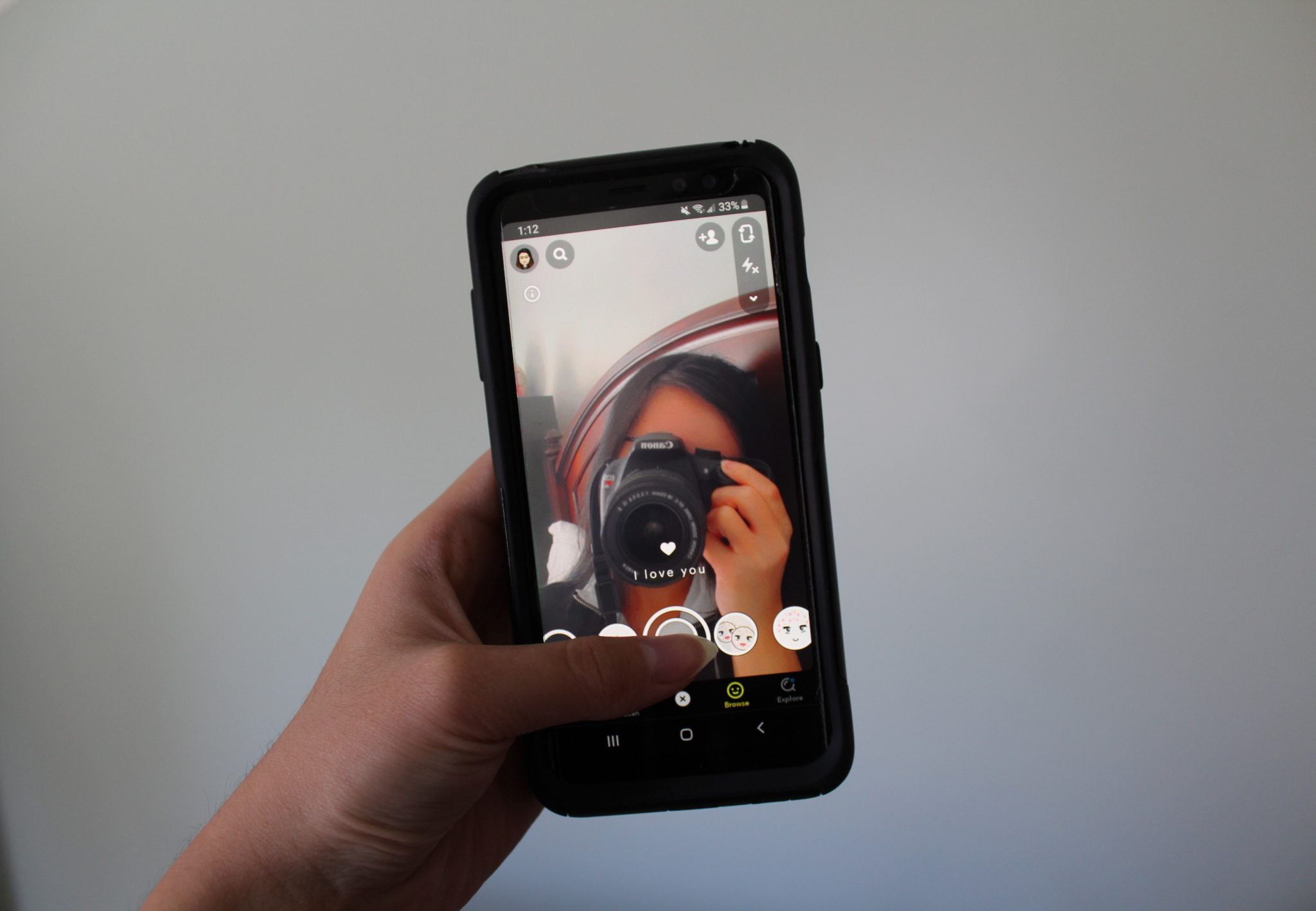PHOTO BY SARA SHEIKH / THE SPUTNIK PHOTOGRAPHY
Most universities have been shut down for about 7 or 8 months now.
Gone are the days of getting coffee or a meal before class, from a dining spot on campus.
Indeed, a fair bit has changed, including the ways in which students and professors alike, are navigating these uncertain times and adapting to it.
From personal experience, I say that the shift has been mainly in the ways we now learn and interact with one another.
Most if not all of us have been using zoom, as it is through this tool that the majority of lectures take place. We now do not have to be in the same place on campus.
Those who are accustomed to routines have suffered as a result of the transition. With time, some are learning to adapt. Some students are finding that the mix of study breaks and unrelated school activities is the best way to balance the new environment.
In terms of the course work itself, many professors have tried to mitigate or lessen the time spent on zoom for it to be less overwhelming. As a result some courses have been split up.
Compared to the past, lectures are recorded in advance. This can be advantageous because students can listen and take notes on their own time. For those who work this flexibility is awesome.
On the other hand, it can also be argued that this may make for more work.
As is often the case with students, we are trying to make the best out of things, even in these troubling times. The Sputnik asked Taja D’abreu, who is a senior student here at Laurier, her thoughts with regard to being in school during COVID-19.
“I was nervous about online classes, I already struggle with motivation problems and I procrastinate a lot, but I’ve been pleasantly surprised by how much I’ve been enjoying lectures,” said Taja D’abreu a fourth year student at Laurier.
D’abreu believes that it’s the work of her dedicated professors who engage over the recorded lectures that make the material easier to digest.
“I think that’s also largely due to the professors that I have this year, who have been really understanding and helpful,” she said.
The Laurier Faculty know that students struggle on many fronts and they are known to reach out and lend an ear, if we are in need of someone to listen to our pessimistic ramblings.
Professors similar to students, have found that they also have to re-adjust and adapt their course content.
“As a professor, I’m learning on the go about the best practices in remote learning, while there’s lots of data about teaching and learning in traditional online courses, most of the evidence doesn’t apply to the remote format,” said associate professor, in both the departments of history, and youth and children’s studies at Laurier Brantford, Tarah Brookfield.
Brookfield expresses concern for students studying in different times zones or with poor WIFI connections. For the summer she was tasked with trying to change her courses to better adapt to the remote era.
“I want my students to know I’m seeing extraordinary effort and care being put in their work, I’m seeing lots of brilliance,” said Brookfield. “I’m also seeing great struggle, which I’m addressing individually and collectively, I will never take being on campus together for granted again.”
These are challenging times, but we must not lose all hope, and continue to persevere, stay golden.




